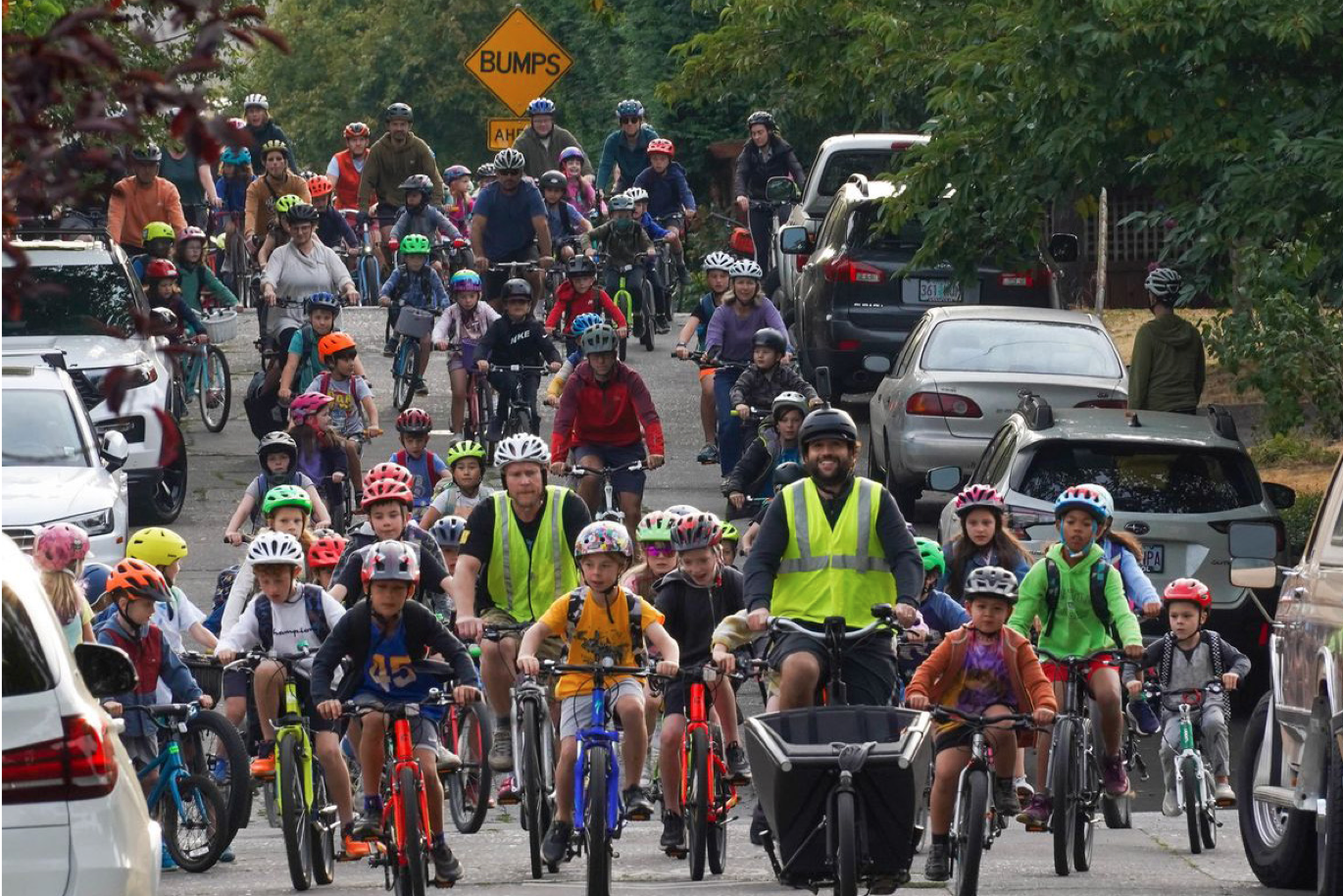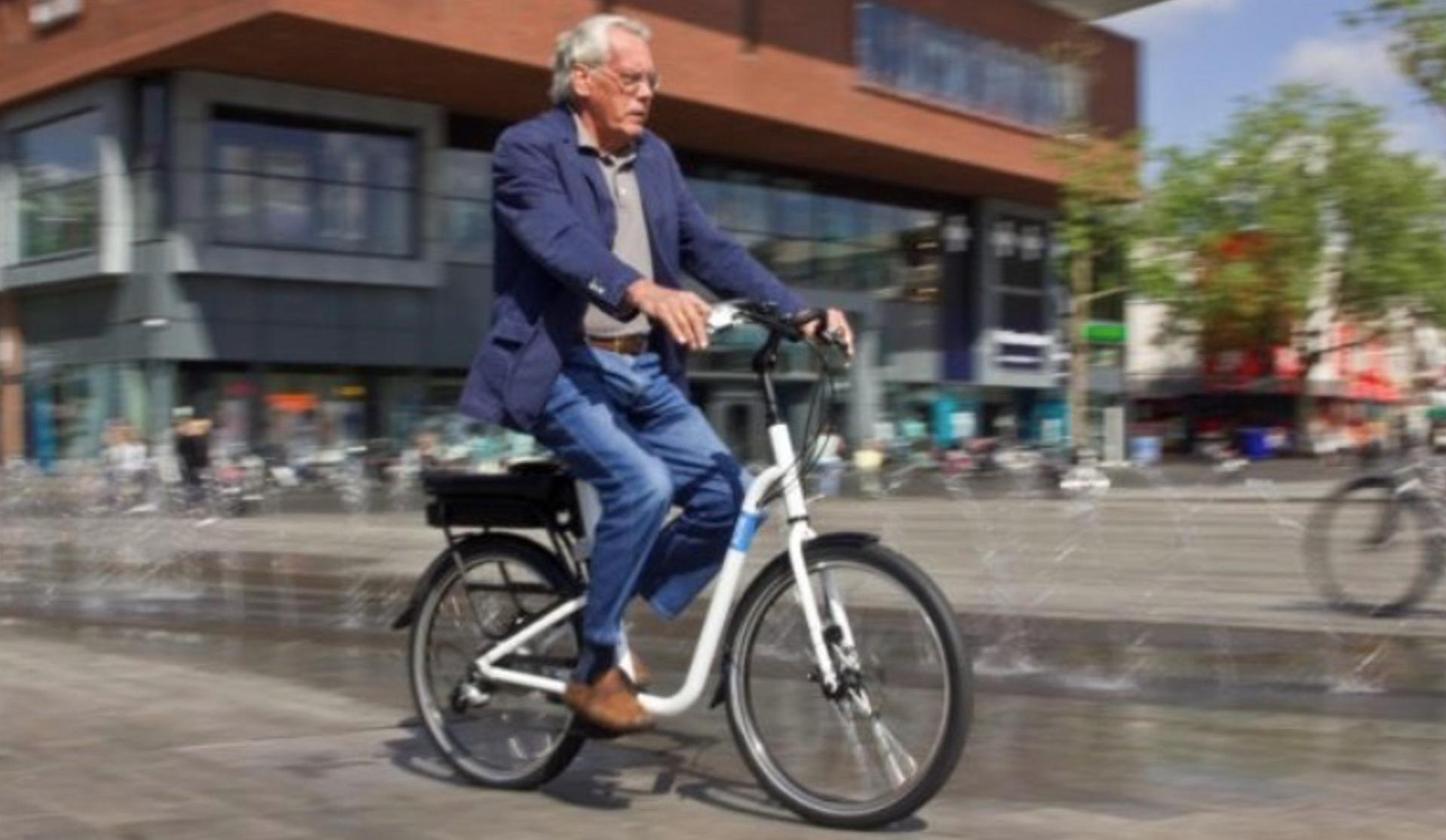Parking: It takes up a lot of space in the discussion of transportation and planning. That's no surprise, since one of the main problems with cars is how much space they take up even when they're not in use.
The Georgetown neighborhood of Washington D.C. is no exception. In a post today from Greater Greater Washington, Topher Mathews uses the example of a recent advisory neighborhood commission meeting in which a resident's request to construct a basement exit in her building -- which would theoretically make it possible to create a separate rental unit -- became, inevitably, a discussion about parking. What if another resident moved in? It would mean less parking for the people who are already there.
Mathews points out that 20 percent of Georgetown residents don't own cars. He also notes that 23 percent of households own more than one car, and asks why the interests of the multi-car-owning residents should trump other concerns:
A Georgetown street. Photo by La Citta Vita via Flickr.
Several issues arise from this disconnect between the perception and
the reality of cars in Georgetown. When the [advisory neighborhood commission] or other entities put
parking paramount to all other issues, they are disregarding the
interests of one in five Georgetown residents. How does the focus on
parking affect non-drivers? When we don't let that basement get turned
into a separate apartment because we're worried about another car
hitting the street, we're keeping another set of eyes off the street
too. We're also keeping a customer out of neighborhood stores like
Scheele's. Or a potential babysitter out of our Rolodexes. Or just
another neighbor to know. All because there's a sixty-six percent
chance they may bring a car.Moreover, these numbers show that the parking problem has less
to do with the number of households and more to do with a small
minority that chooses to have more than one car. So instead of
browbeating a resident about the square footage of her butler's pantry,
the ANC ought to be asking each applicant that comes before it "how
many cars do you have and could you live with just one?"
As usual at Greater Greater Washington, the comments thread is pretty lively. One of the interesting questions raised there: Why do people get so outraged by the idea that policies (such as parking permits) might limit the number of cars in a neighborhood -- but not when policies limit the number of people? As BeyondDC puts it:
For goodness sake, one person's desire to own and conveniently parka car is not more important than another person's desire to have a home.
More from around the network: Design New Haven writes about a campaign to bring BoltBus service to that city. The Overhead Wire writes about how Charlotte, N.C., planners gamed the EPA system in favor of building more roads. And Copenhagenize reports that the European Union wants to increase funding for cycling infrastructure.





